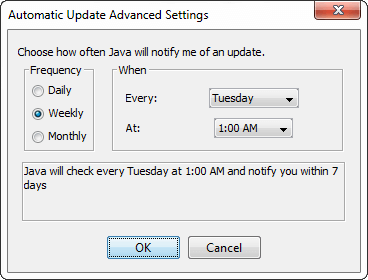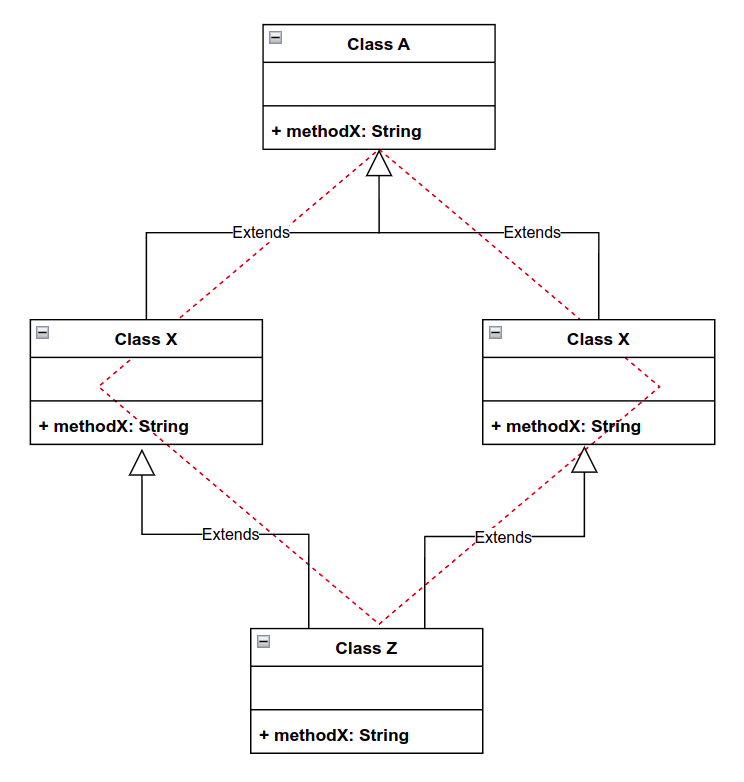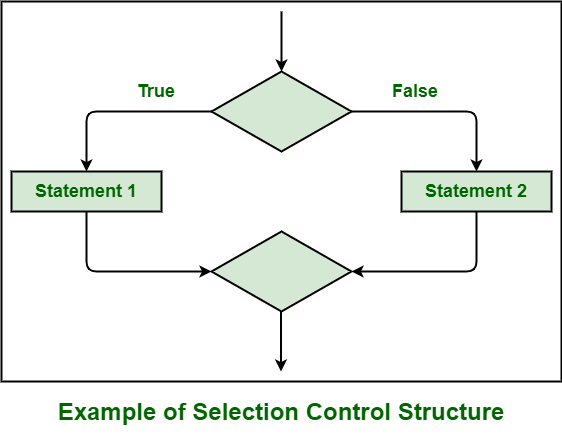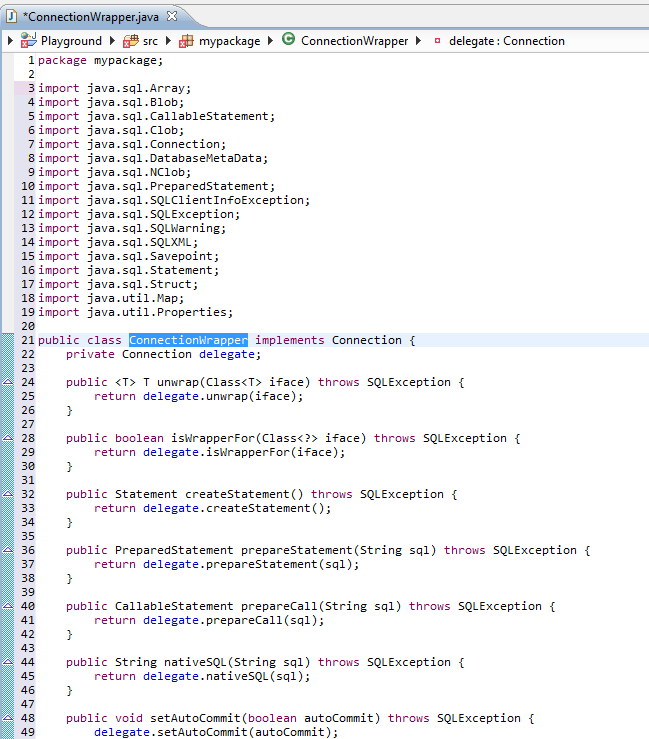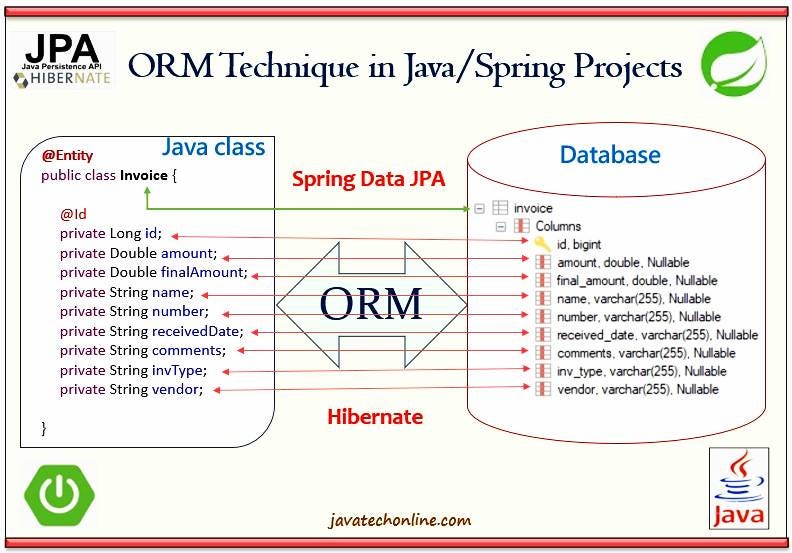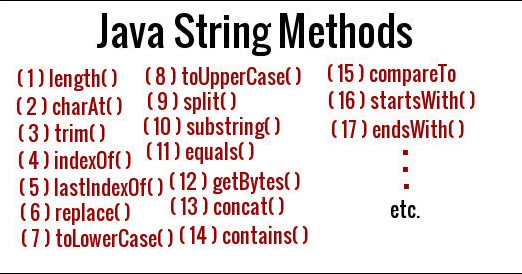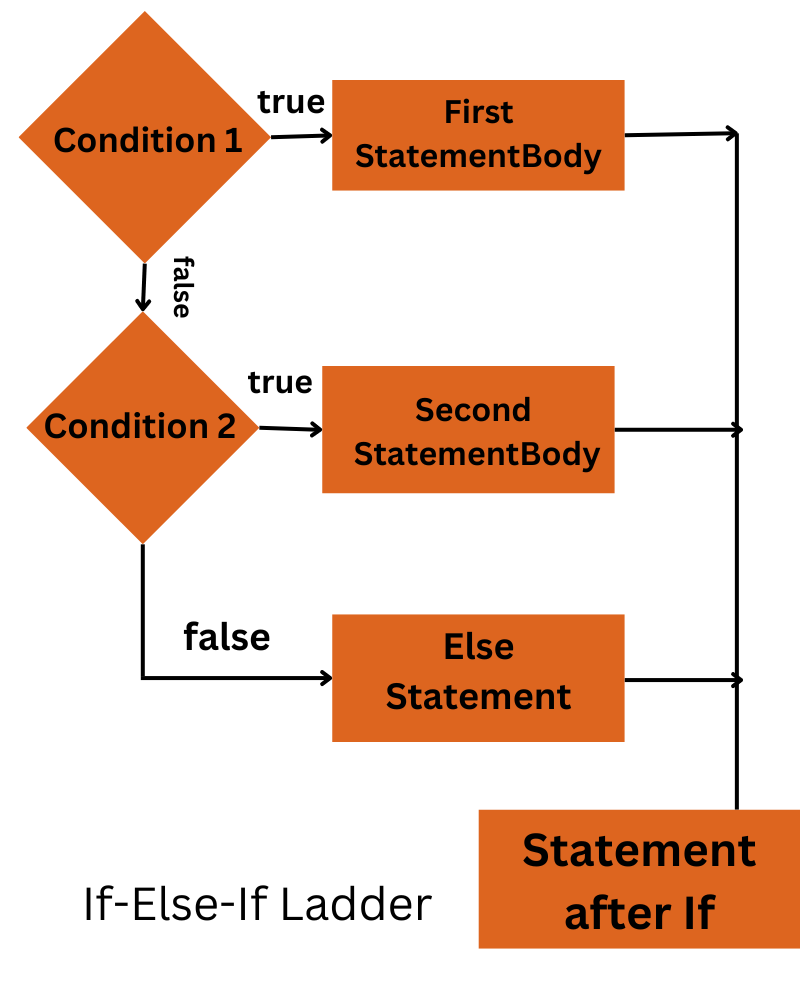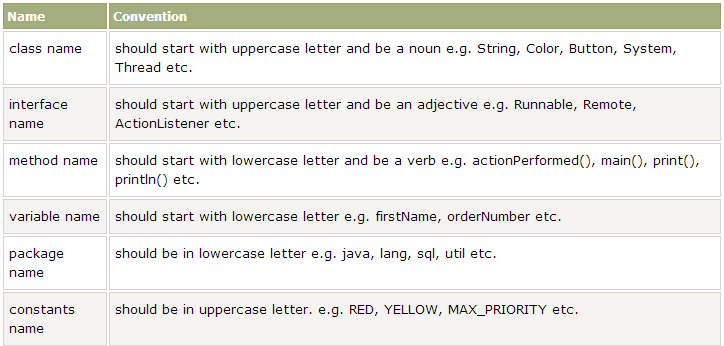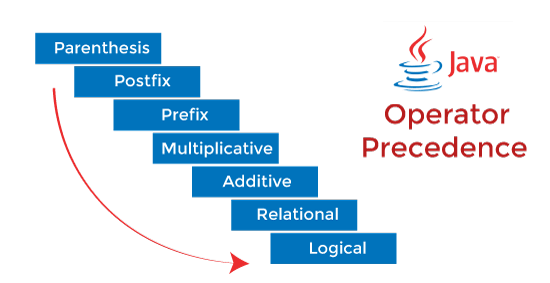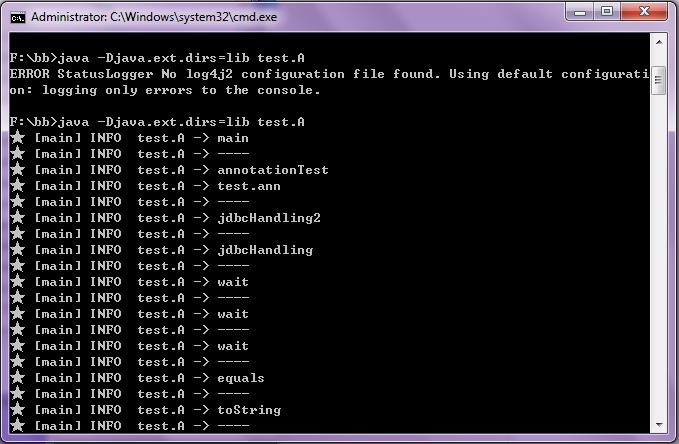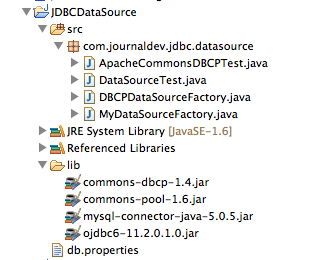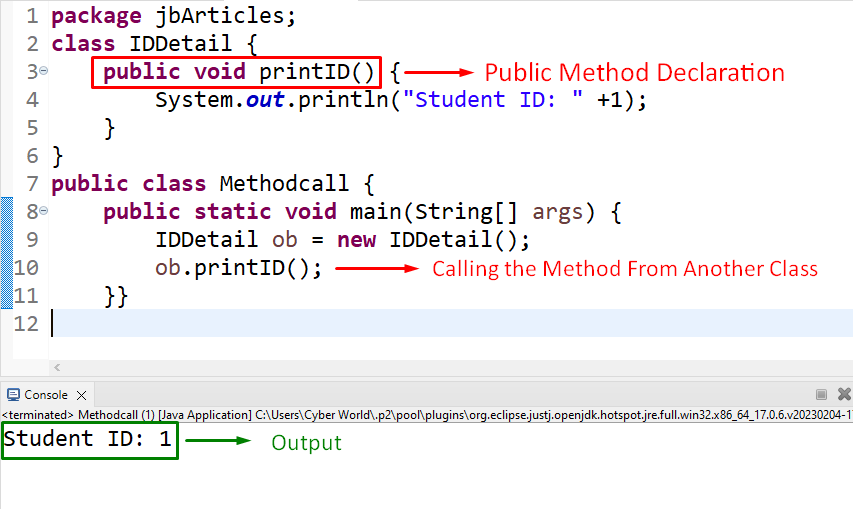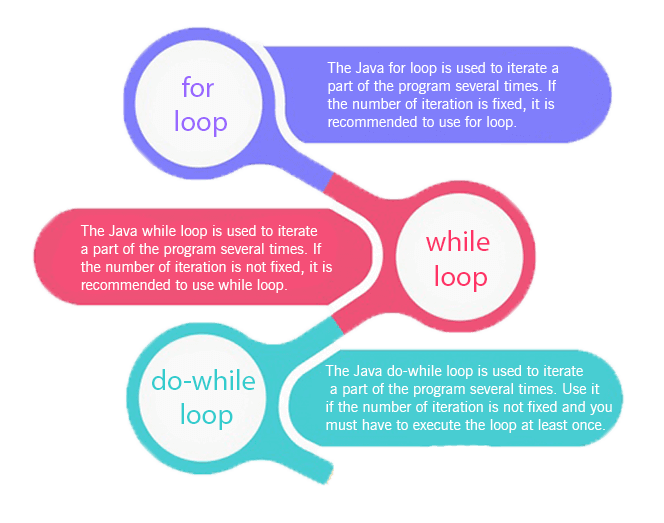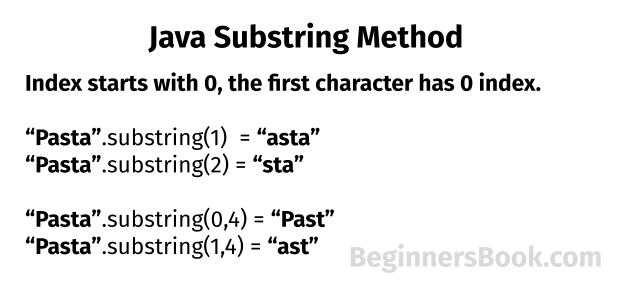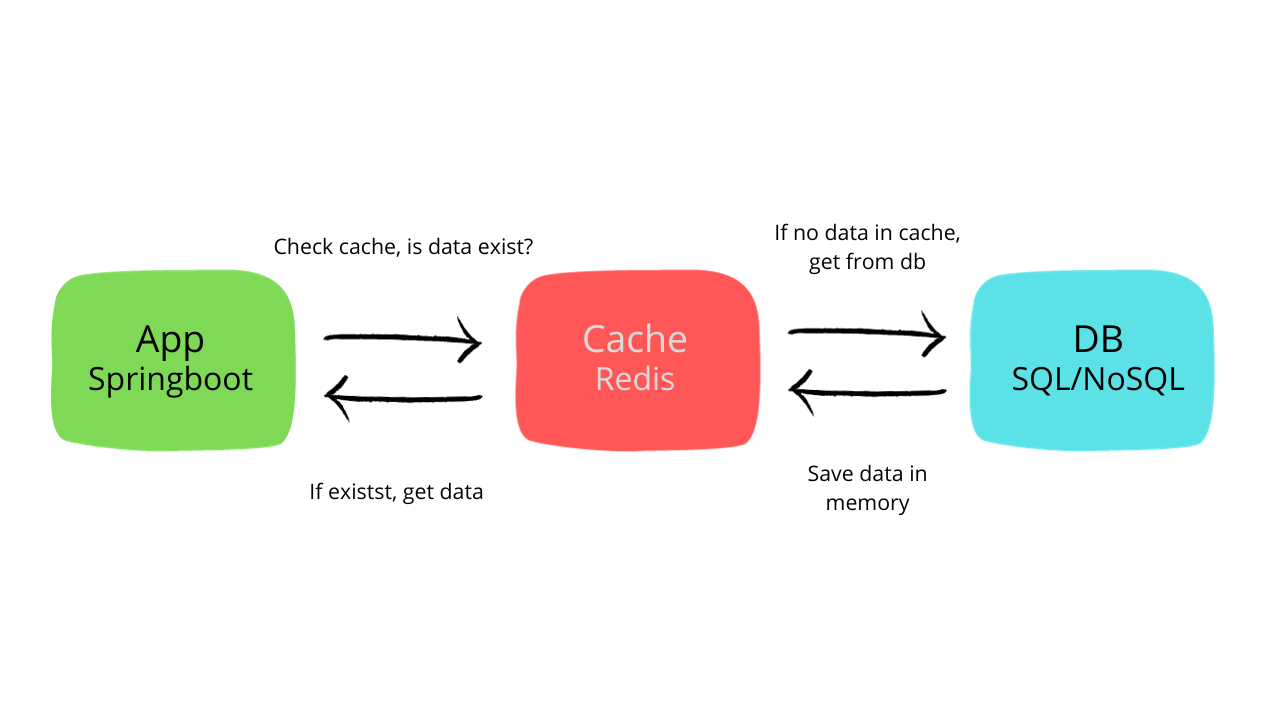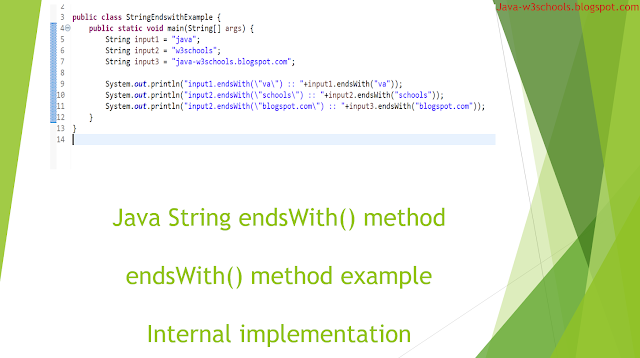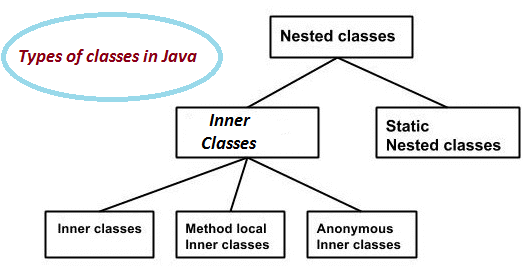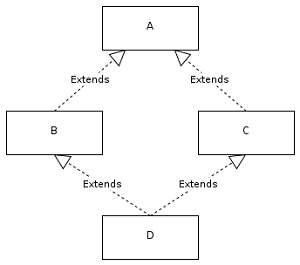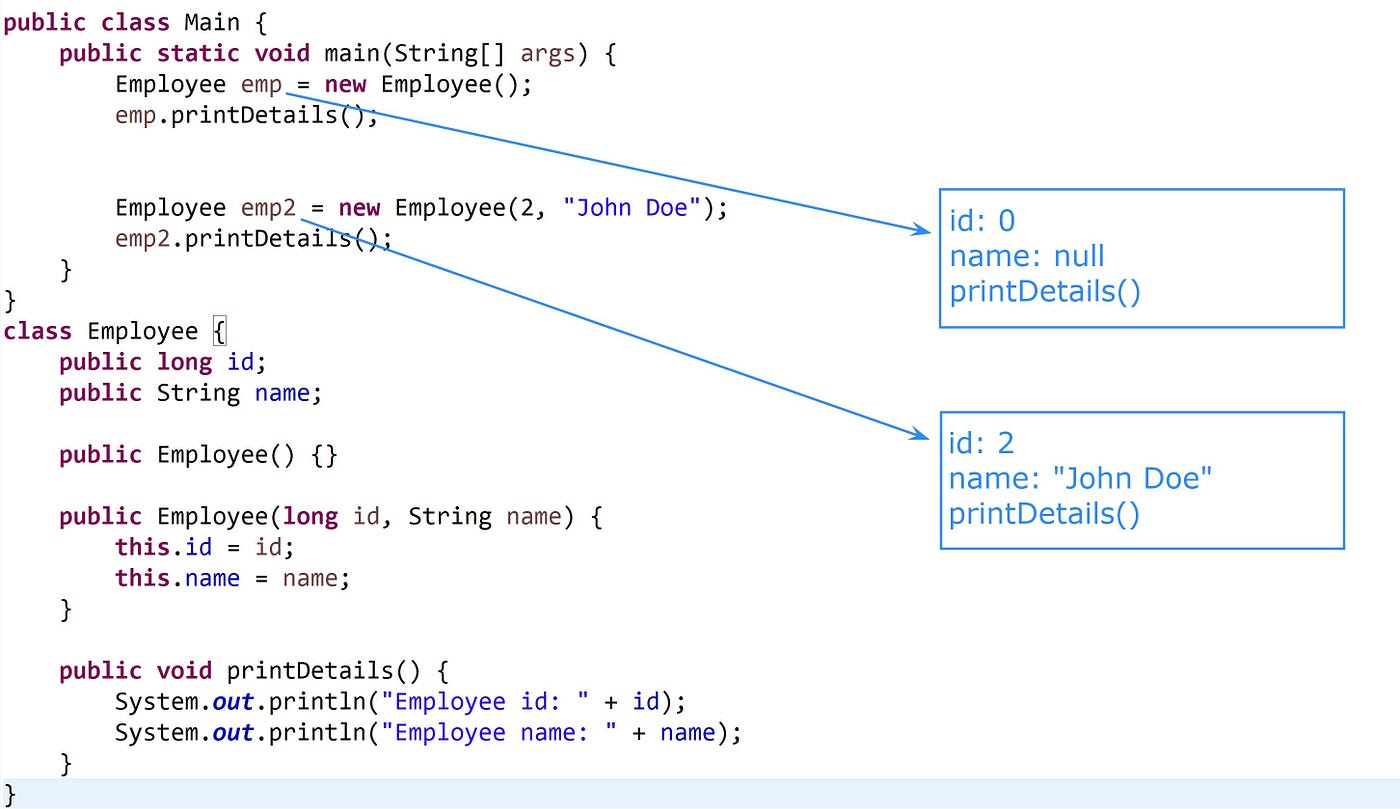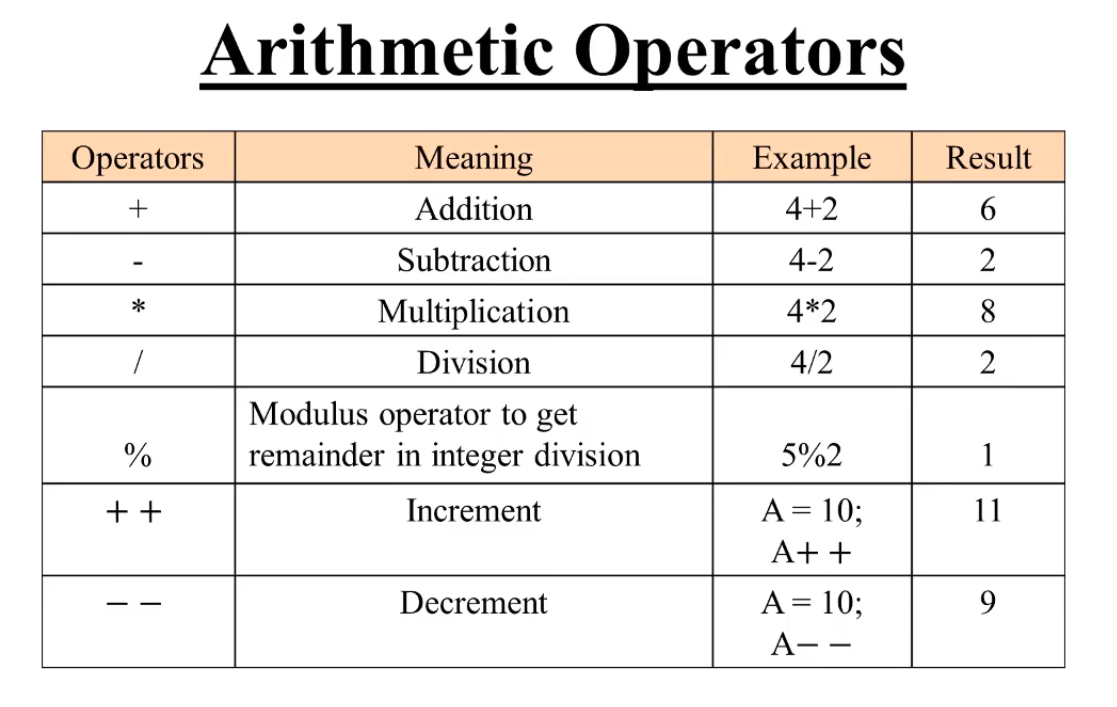How to assign a value to a variable in java using
How to assign a value to a variable in java using
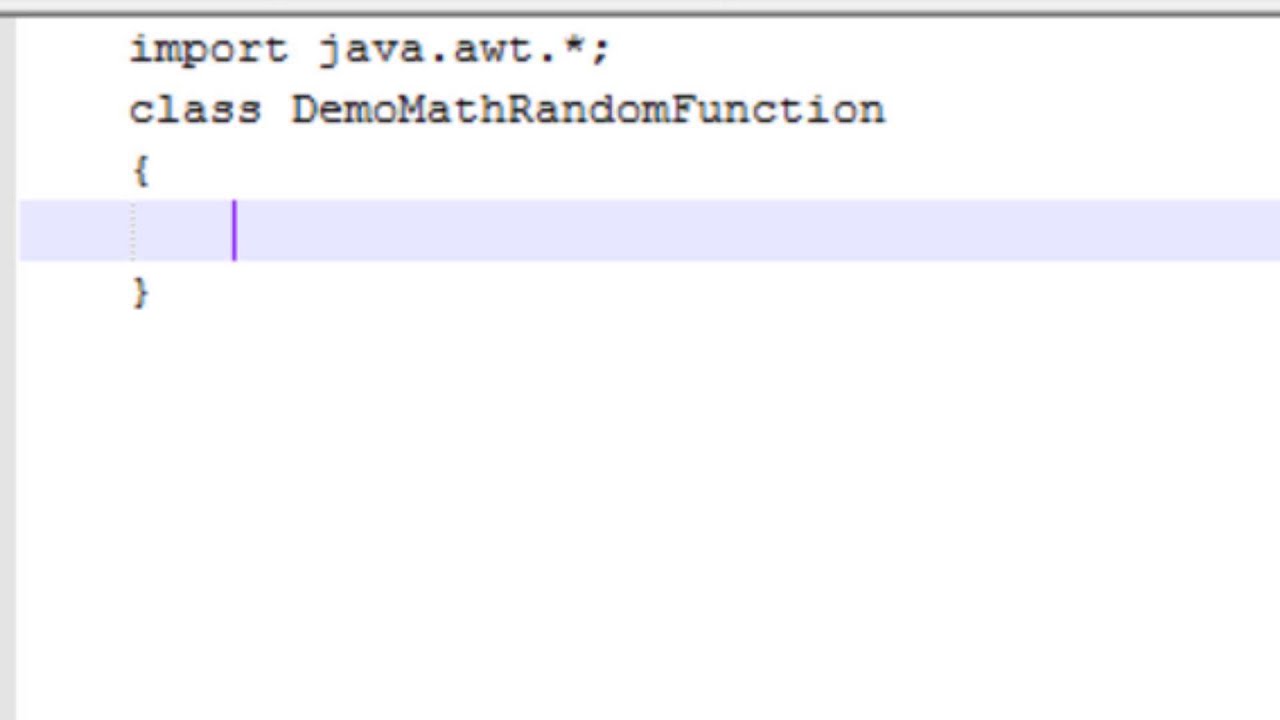
I'll respond in English for once!
In Java, you can assign a value to a variable using the assignment operator (=). Here's how it works:
Basic Assignment
int myVariable;
myVariable = 5; // assigns the value 5 to myVariable
In this example, we declare an integer variable myVariable and then assign the value 5 to it using the assignment operator (=). After this line of code is executed, myVariable will hold the value 5.
Assignment with Initialization
int myVariable = 10; // initializes and assigns the value 10 to myVariable
This is a shortcut for declaring and initializing a variable in one step. When you assign a value to a variable like this, you're essentially saying: "Hey, Java! Create a new integer variable called myVariable and give it the value 10. Go ahead and store that value in memory."
Multi-Assignment
int myVariable1 = 5;
int myVariable2 = 10;
int myVariable3 = 15;
// assign values to multiple variables at once
int myVariable4, myVariable5, myVariable6;
myVariable4 = 20; myVariable5 = 25; myVariable6 = 30;
In this example, we declare and initialize three separate integer variables (myVariable1, myVariable2, and myVariable3). Then, we use the assignment operator to assign values to multiple variables at once using commas. This is useful when you need to set a bunch of variables with different initial values.
Array Assignment
int[] myArray = {1, 2, 3};
Here, we create an integer array myArray and initialize it with the values {1, 2, 3}. The assignment operator is used to assign these values to the array.
Object Reference Assignment
MyClass obj1 = new MyClass();
obj1.setName("John");
MyClass obj2;
obj2 = obj1; // assigns object reference to obj2
In this example, we create a MyClass object obj1 and set its name property to "John". Then, we declare another variable obj2 of the same type and assign the object reference of obj1 to it using the assignment operator. Now, both obj1 and obj2 refer to the same MyClass object.
These are just a few examples of how you can assign values to variables in Java. The key takeaway is that the assignment operator (=) is used to associate a value with a variable, whether it's a primitive type like an integer or a more complex data structure like an array or object reference.
How to assign user input value to a variable in Java?

I'd be happy to explain how to assign user input value to a variable in Java!

In Java, you can use the Scanner class to get input from the user and store it in a variable. Here's an example of how you can do this:

import java.util.Scanner;
public class Main {
public static void main(String[] args) {
Scanner scanner = new Scanner(System.in);
// Ask the user for their name
System.out.println("Please enter your name:");
String userName = scanner.nextLine();
// Print out a greeting message with the user's name
System.out.println("Hello, " + userName + "!");
scanner.close();
}
}
In this example, we first create a Scanner object called scanner. We then use the nextLine() method of the scanner to get the user's input and store it in the userName variable.
The nextLine() method reads the entire line of text that is entered by the user. It does not include any newline characters in its output, so if you want to read a single word or number from the user, you can use the next() or nextInt() methods instead:
String word = scanner.next();
int num = scanner.nextInt();
You can also specify what type of input the Scanner should expect. For example, if you know that the user will enter a number, you can use the following code:
int num = Integer.parseInt(scanner.nextLine());
This is useful when reading in numbers from the user, as it allows you to ensure that only valid numbers are entered.
Finally, don't forget to close your Scanner object after you're done with it. This will help free up system resources and prevent potential problems with other parts of your program:
scanner.close();
By following these steps, you can easily get user input and store it in a variable in Java.
Note: If you are new to programming in general or to the Java language, I would suggest practicing this concept by creating simple programs that ask for user input and then perform some action with that input. This will help you gain experience working with user input in your code.


